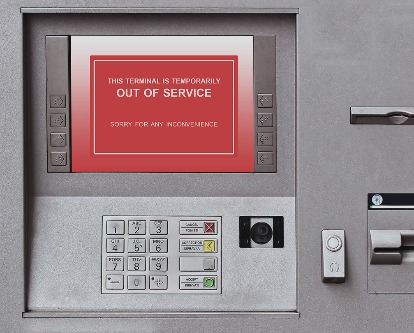Rigorous academic research can take years to find data-driven conclusions worthy of publication in a top tier academic journal. But sometimes, timing can be fortuitous.
ERICA JIANG, assistant professor of finance and business economics, studies financial intermediation, household finance, and financial regulation. Her recent work studies the distributional effects of the credit supply-side adjustments in response to the rise of shadow banks, digital disruption, and changing regulatory environment.
She and her co-authors, Gregor Matvos, (Northwestern), Tomasz Piskorski (Columbia), and Amit Seru (Stanford) published a working paper in March 2020 titled “BANKING WITHOUT DEPOSIT: EVIDENCE FROM SHADOW BANK CALL REPORTS” that examined whether bank capital structure is designed to extract deposit subsidies by studying capital structure decisions of shadow banks.
When the FDIC took over Silicon Valley Bank on Friday, March 10, Jiang and her co-authors realized they had deeply researched data that would be of interest to the developing situation. They quickly put together a research note, “MONETARY TIGHTENING AND US BANK FRAGILITY IN 2023: MARK-TO-MARKET LOSSES AND UNINSURED DEPOSITOR RUNS?” and on March 13 posted it on SSRN, a website consortium that publishes academic research across disciplines.
By March 16, it had been downloaded more than 8,000 times (by March 23 that number was more than 90,000), and the team’s research has been cited widely, including in the ECONOMIST, BLOOMBERG, and the FINANCIAL TIMES. (All publications are behind a paywall).
